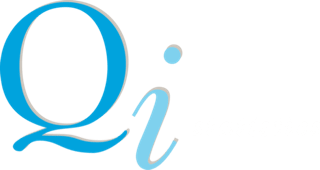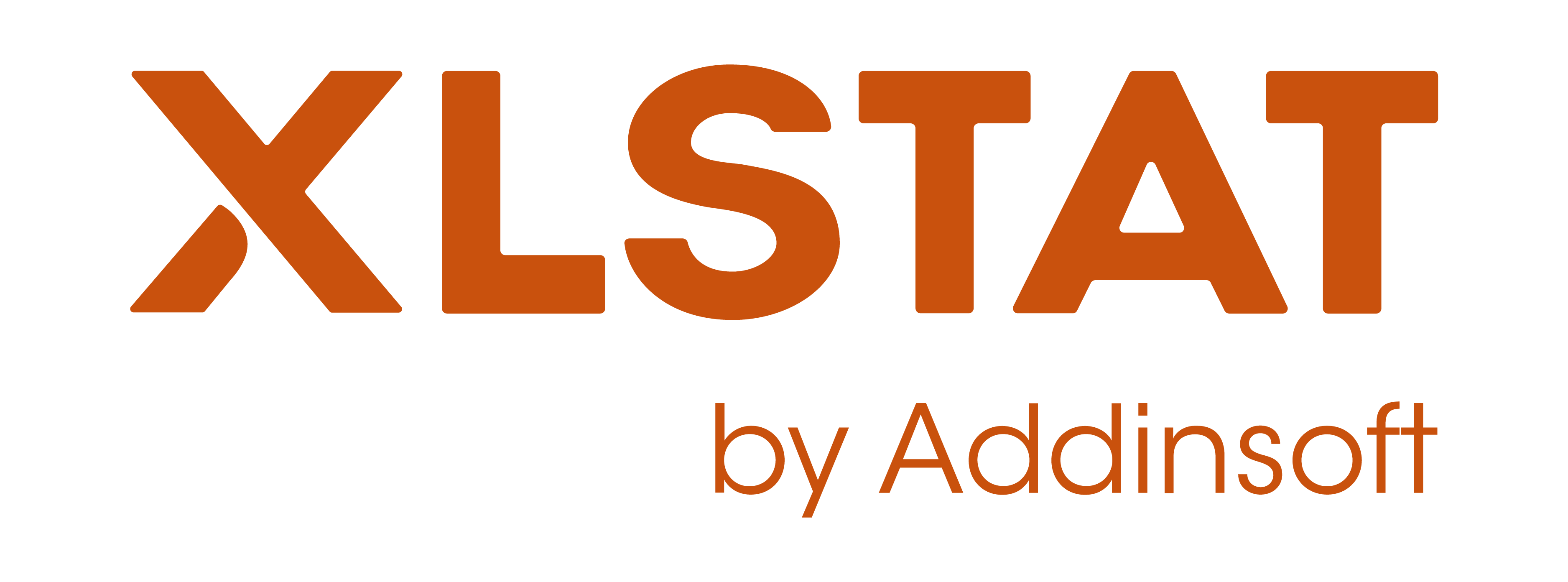Hands On Analysis of Consumer Data from Product Tests using XLSTAT – 5th, 7th, 12th & 14th March 2024 @ 9:00 (GMT)
Product code: Hands on Analysis of Consumer Data from Product Tests - March 2024

Remote training

March 5, 2024 - March 14, 2024
Hands on Analysis of Consumer Data from Product Tests using XLSTAT
This course is presented as four separate modules and covers the main techniques used for analysing data collected in Central Location (CLT) or Home Use (HUT) tests on products. Each session is a mix of talks and practical workshops with solutions and interpretation of the output included to help you improve your analysis skills. The methods are illustrated using XLSTAT software.
You can choose to book on all 4 modules (at a discounted price) or just choose the ones that are of most interest to you. As in all our courses, mathematical details are kept to a minimum with emphasis placed on the application of techniques and understanding of the key statistical outputs. If you are attending Module 1 we will send you a short, basic statistics refresher to read before the module.
Following soon after this training we are hosting two webinars on https://www.qistatistics.co.uk/product/preference-mapping-using-xlstat-5-december-2023-1500-gmt and https://www.qistatistics.co.uk/product/preference-modelling-using-partial-least-squares-in-xlstat-7-december-1500-gmt for product optimisation which complement the topics covered in these four modules. A 10% discount will be given to delegates who attended at least one of the modules of the “Hands On Analysis of Consumer Test Data from Product Tests using XLSTAT.
Module 1 – The Basics (5th March 2024 @ 9:00 GMT)
- Testing Differences in Product Acceptability
- Monadic v Sequential Monadic test designs
- Importance of structured randomisation of samples
- Analysis of Variance (ANOVA) to test for significant differences in average liking between products
- Putting “significance” in its rightful place
- Multiple Comparison tests – gains and losses
- Incomplete designs, benefits and dangers
- Correlation and Simple Drivers of Liking
- Measuring relationships between variables, covariance and correlation
- What correlation measures and what it does not measure
- Application to drivers of liking
- Mapping Product Data using Principal Component Analysis (PCA)
- PCA – How it works, graphical explanation
- Key outputs to consider
- Difference between covariance and correlation PCA
- Overlaying supplementary variables – the simplest preference mapping
- Rotating components to improve interpretability
Module 2 – Cluster Analysis (7th March 2024 @ 9:00 GMT)
- Aims of the methods
- Data requirements and pre processing
- Clustering Methods
- Agglomerative Hierarchical Classification (AHC) – how it works , which settings to use
- KMEANS for larger data sets
- Outline of Latent Class Clustering
- Comparison of the methods – recommendations
- Clustering incomplete data
- Cluster Trimming
- Internal Preference Mapping
- Data mapping using PCA
- Visualisation of cluster solution
- Cluster Validation
- ANOVA modelling to confirm cluster differences in average liking patterns
- Cluster Plotting
- Validating KMEANS using randomisations
Module 3 – Demographic and Free Text Data (12th March 2024 @ 9:00 GMT)
- Detecting Demographic differences in acceptability using ANOVA
- Using nested models to model sample by demographic interactions – visualisation and significance testing
- Investigating associations between clusters and demographics
- Chi-squared association analysis
- Mapping Associations using Correspondence Analysis
- Correspondence Analysis – how the technique works, interpretation of maps
- Analysis of Open Comment Data
- Analysis of open comment data using XLSTAT Text Mining
- Comparison with traditional coding approaches
- Functionality in XLSTAT
- Fuzzy clustering and Latent Semantic Analysis (LSA)
- The future – AI?
Module 4 – Other Scales (14th March 2024 @ 9:00 GMT)
- JAR Scales and Penalty Analysis
- Advantages and disadvantages of the approach
- Testing significant differences between products
- Relating JAR to Liking – XLSTAT Penalty Analysis Routine
- CATA and RATA Data
- Significance testing of CATA data using Cochran’s Q Test
- Product mapping of CATA data using Correspondence Analysis or PCA
- Analysis and mapping of RATA Data
- Ideal Product Profile
- Ideal product scoring
- Mapping and analysis for product optimisation
Each Module of 3.5 hours is available to purchase separately as a stand alone session, or book on all four modules to get the discounted price. When booking, please confirm which modules you wish to attend – either in the comment box of the booking form, or drop us an email at askqi@qistatistics.co.uk. PLEASE CHECK THE TIME ZONE IS SUITABLE FOR YOU. Timings are given in UK time zone (Greenwich Mean Time).
Two further webinars are available to complement this course which cover techniques for product optimisation based on consumer acceptability. If you have attended any of the modules of “Hands on Analysis of Consumer Test Data using XLSTAT” you will qualify for a 10% discount on the following webinars:
Preference Mapping using XLSTAT (19 March 2024) – book here
Preference Modelling using Partial Least Squares in XLSTAT (21 March 2024) – book here
Select currency
€451.06 – €1,844.73 (Excluding any applicable taxes)





